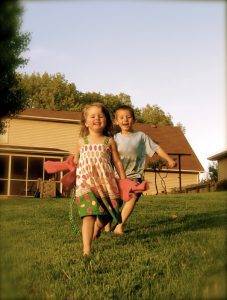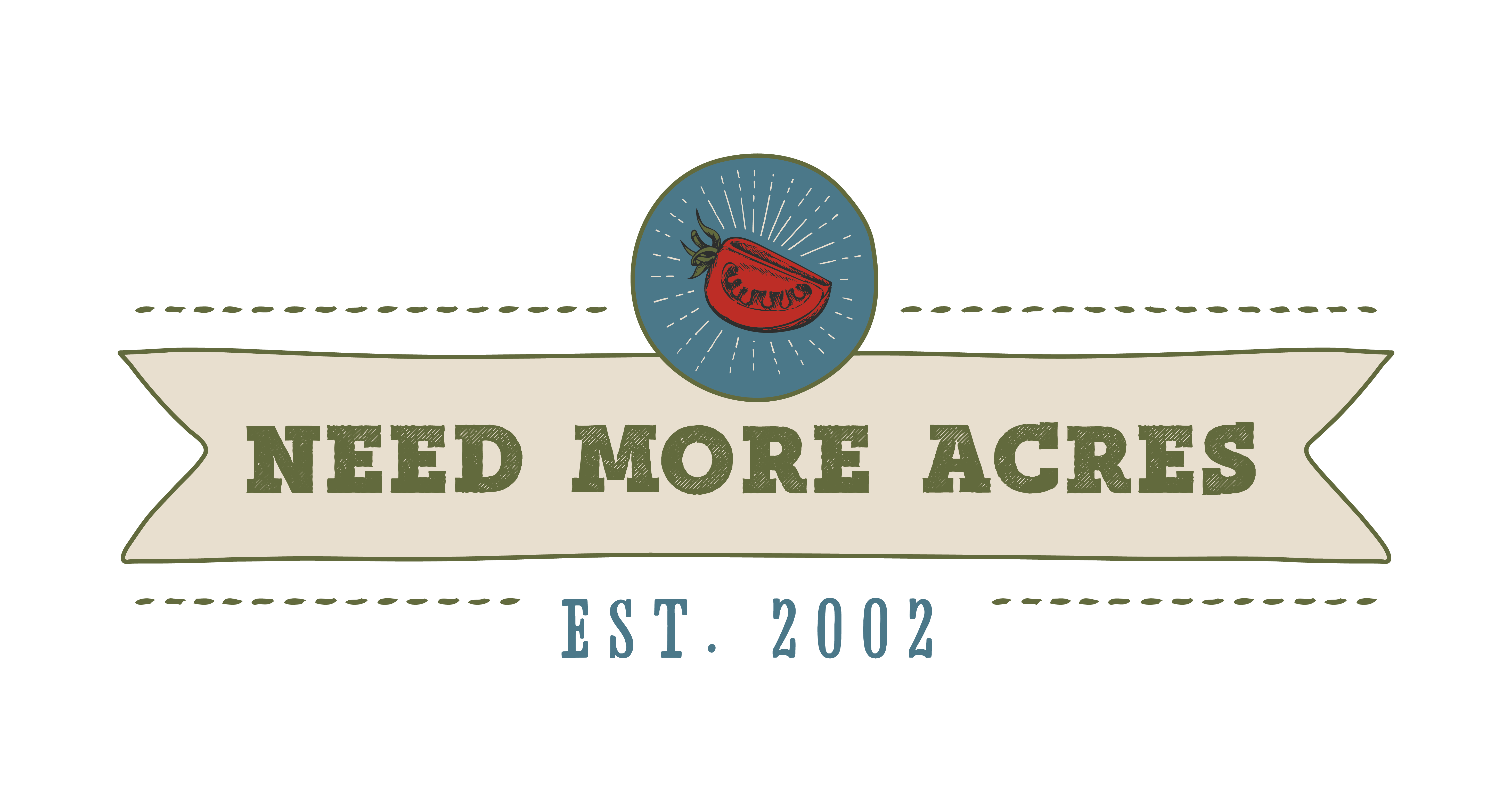
When we first decided to home-school we tried to turn a corner of our home into what looked like a real, old-fashioned schoolhouse. Every morning after breakfast we would “go to school” and learn for as long as possible before breaking for lunch. We would resume school after a short recess before finishing up for naps. When life settled in and we experienced the every day interruptions that are to be expected it became apparent that this wasn’t realistic for our family. We quickly realized that what would work best for us is to evaluate how we spent our entire day and incorporate learning into each moment of life.
We were given some great advice to keep the end in mind. What do they need to be prepared to contribute to their future families and the world? For us, that begins with a strong sense in who they are as an individual and where they belong in our family. We focus on stewardship of our health, time, and the things that have been given to us. It is a daily struggle but we are committed to slowing down enough that our children have deep, meaningful memories of their childhood that will carry them out into the world.
-Spend as much time together as possible and explain what you are doing and why. For us, this means that we learn while we bake, build, clean, drive, play, and work.
-Make a choice to spend as much time outdoors as possible.
-Fill the house with library books, preferably good literature, educational videos and games, hands on toys and activities and watch your child’s imagination come to life. Limit the TV, video games, and phone usage of EVERYONE in the family.
-Be driven by your child’s interest and you will teach them to become life long learners.
-Develop deep, meaningful relationships within your family first and then with others. Spend time with people of all ages, and especially those who are very different from you.
-Be consistent, teaching your children to have self-control, routines, and the willpower to finish that writing assignment before playing ball or having a tea party. Just make sure that you make plenty of time for play too.
Get Connected
The PLACE is a group of families who come together to share in the educational experience and to jointly achieve common goals for their children. Our co-op is volunteer driven, and all parents are required to assist in some way. The PLACE Co-op is a Christian organization and will be operated with Christian values and beliefs. It is in its 7th year of operation, it serves pre-Kindergartners through high schoolers and currently has approximately 100 students enrolled. Contact Debbie Fox at debbiefox57@gmail.com
Classical Conversations is a classical Christian home-schooling community that meets one day each week to study the subjects of English, Grammar, Math, Science, History, Geography and Latin. Students also practice public speaking, and engage in weekly science and art projects. Trained parent-tutors model the classical tools of learning to children and their parent who attends class with them. Students and parents alike enjoy the community of friends who are on the same journey and find encouragement from one another in their studies. To find out more information please visit: www.classicalconversations.com or contact the Bowling Green director, Tracy Oliver at mom24angelz@hotmail.com
For a complete list of local resources and activities join the Barren River Home-school Association: www.homeschool-life.com/ky/brhsa
The Three R’s
Selecting a curriculum can be very overwhelming! We attended a great home-school convention* that had booths where you could go and HOLD the curriculum in your hand…that was very helpful. When we first started we really thought that we would simply pick the best curriculum out there and use it for all of our children. Children think, act and play differently and so one of the greatest benefits of home schooling is to pick the daily work that works best for each child. We focus mostly on math, reading and writing, supplementing this work with a great co-op, field trips, daily responsibilities, life experiences, meaningful relationships and so on.
*www.cincinnatihomeschoolconvention.com
Q & A with Debbie Fox (mom of 4 children who has been home schooling for more than 14 years)
How do you prepare yourself to teach the harder subjects like algebra and biology?
There are several options to cover those subjects: private tutoring (I use a math tutor starting with Algebra 2); group classes, such as The PLACE–we do all the required sciences and have labs at WKU; and on-line classes–KVHS (KY Virtual High School).
What resources or opportunities are there to help prepare high school aged students for college?
At the high school level, most of the educating is done independently. The students learn to be self-motivated and develop their own pace, both of which have helped my daughter enormously in her college transition. The freedom of setting your own schedule allows most home-schoolers to work and begin saving money for college or cars.
How can you incorporate time with other kids, especially for very social kids?
They can be involved in areas of interest–dance, drama, explorer clubs, boy scouts, girl scouts, church groups, etc. through the community. Homeschool Associations offer opportunities for teens–monthly get-togethers as well as classes. They can be as social as they want to be.
Kentucky Home School Requirements
In the case of home schooling, the parent is required to notify the local superintendent of Schools by letter that the child is being home schooled. The letter must include the names, ages, and place of residence of each pupil in attendance at the school.
The parent must notify the local superintendent of schools within the first two weeks of each school year of their intent to home school their child(ren).
The minimum school term shall be 185 days, including no less than the equivalent of 175 six (6) hour instructional days. This would be 1050 instructional hours…to at least include reading, writing, spelling, grammar, history, mathematics and civics.
Kentucky requires that an accurate record of pupil attendance be kept.
Attendance may be recorded in a notebook, or on a computer list or in a register provided by the Kentucky Department of Education to the local school district.
For a complete list of requirements visit: www.education.ky.gov

